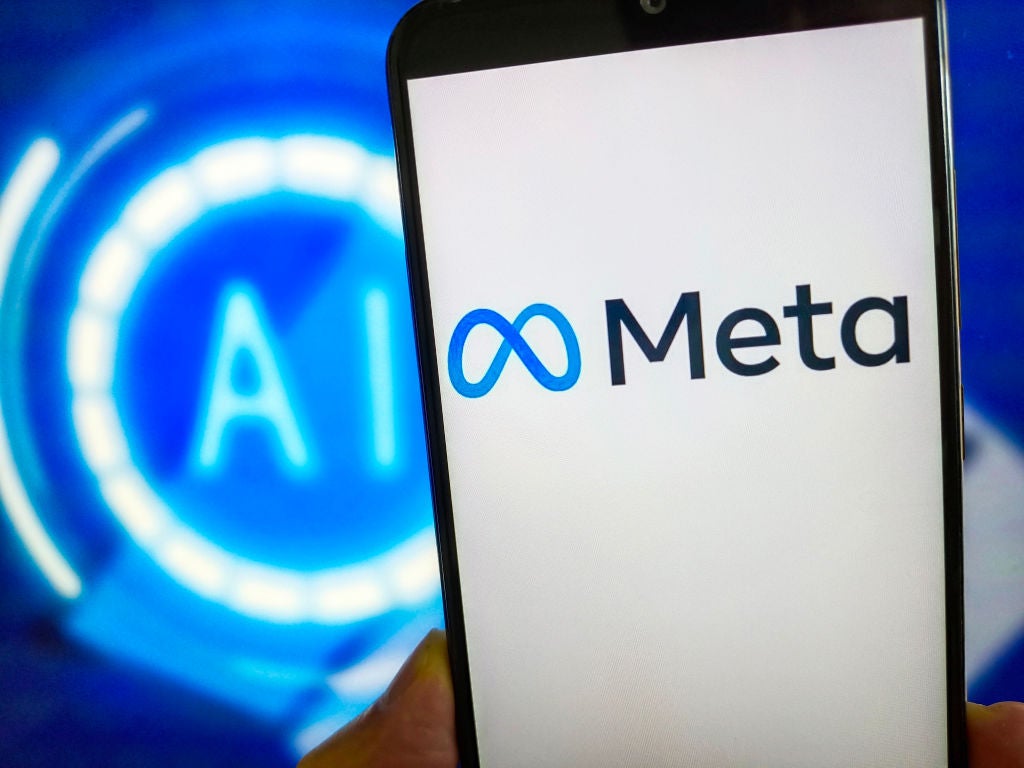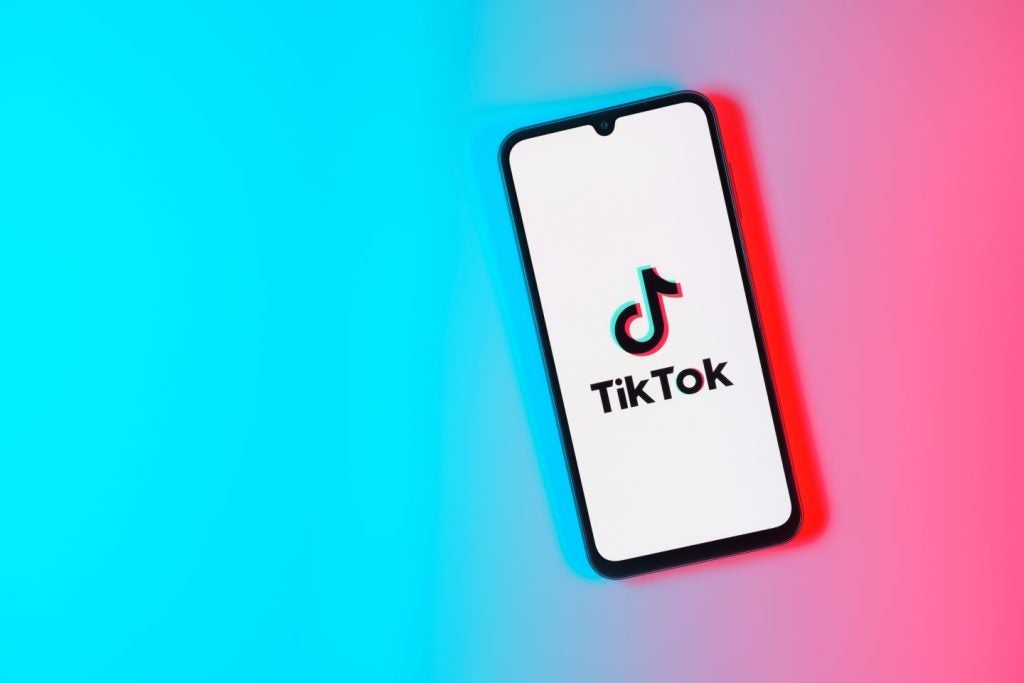
Meta released its latest AI model, Llama 3, along with an image generator that updates photos through user prompts, on Thursday (18 April).
The move comes as the tech giant and other leading vendors look to gain a competitive advantage in the GenAI race currently being led by Microsoft-backed OpenAI.
The new models will be integrated into Meta AI, the company’s virtual assistant, which the company said is more sophisticated at coding, creative writing and reasoning than offerings from its rivals, naming both Google and France’s Mistral AI.
Meta’s new AI assistant will be placed more centrally across the company’s products, including Instagram, WhatsApp and Messenger. Similar to OpenAI’s popular ChatGPT, Meta AI will also get its own website.
Meta CEO Mark Zuckerberg released a video alongside the announcement, in which he claimed Meta AI is “the most intelligent AI assistant that you can freely use”.
Unlike OpenAI and most of Google’s offerings, Meta’s Llama 3 is completely open-source, which allows the public to examine and use it.
Meta claims making its AI systems more widely available will help push innovation.
Victor Botev, CTO and co-founder of Iris.ai, told Verdict that Meta’s launch of its Llama 3 model is notable alongside the global shift towards AI regulation.
“By embracing transparency through open-sourcing, Meta aligns with the growing emphasis on responsible AI practices and ethical development,” Botev said.
“Moreover, this grants the opportunity for wider community education as open models facilitate insights into development and the ability to scrutinise various approaches, with this transparency feeding back into the drafting and enforcement of regulation,” he added.
However, Botev notes that being open-source does not automatically equate the model to ethical AI and that work needs to be done.
“Addressing AI’s challenges requires a comprehensive approach to tackling issues like data privacy, algorithmic bias and societal impacts – all key focuses of emerging AI regulations worldwide,” Botev said.
“Meta’s continuing efforts with the Llama model is a step in the right direction, but ethical AI demands sustained commitment from all stakeholders,” he said.
Research company GlobalData forecasts that the overall AI market will be worth $909bn by 2030, having grown at a compound annual growth rate (CAGR) of 35% between 2022 and 2030.
In the GenAI space, revenues are expected to grow from $1.8bn in 2022 to $33bn in 2027 at a CAGR of 80%.







